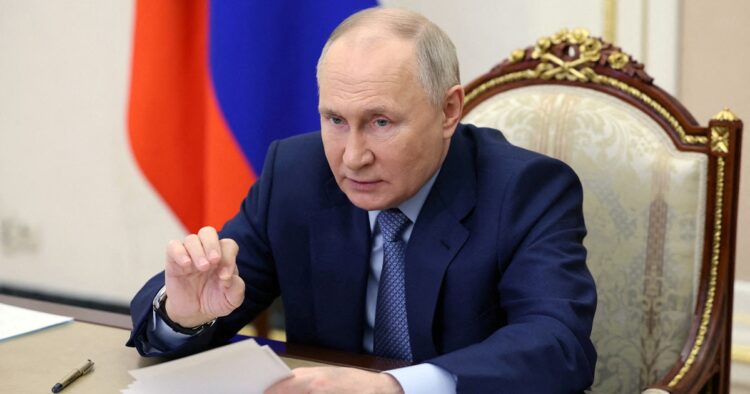On Wednesday, Russian President Vladimir Putin made a televised announcement regarding significant progress in Russian scientific research. He revealed that vaccines for cancer were nearing completion and could soon become available to patients. Speaking at a Moscow forum focused on emerging technologies, Putin expressed optimism about the advancements, stating, “We have reached a significant milestone in the development of cancer vaccines and next-generation immunomodulatory drugs.”
Although Putin did not provide specific details about the types of cancer targeted or the mechanisms of action, his announcement is noteworthy considering the global efforts in similar research. Last year, the UK government partnered with BioNTech in Germany to begin clinical trials for personalized cancer treatments. Similarly, pharmaceutical giants like Moderna and Merck & Co. are making progress in experimental cancer vaccines.
Encouraging results from a mid-stage study conducted by Moderna and Merck & Co. demonstrated a 50% reduction in the risk of recurrence or mortality from melanoma, the deadliest form of skin cancer, after three years of treatment. Additionally, the World Health Organization reports the availability of licensed vaccines targeting human papillomaviruses (HPV) and hepatitis B (HBV), which are linked to various cancers.
Despite the global focus on COVID-19, Russia’s Sputnik V vaccine gained attention for its distribution to numerous countries. However, within Russia, there was widespread hesitancy among the public regarding its efficacy and safety. In an attempt to address these concerns, Putin himself disclosed that he had received the Sputnik V vaccine.
Putin’s announcement represents a significant step forward in medical innovation, offering hope for improved cancer treatment options worldwide. The development of effective cancer vaccines and immunomodulatory drugs could potentially revolutionize cancer therapy, providing new avenues for personalized treatment and enhancing patient outcomes.

















Comments